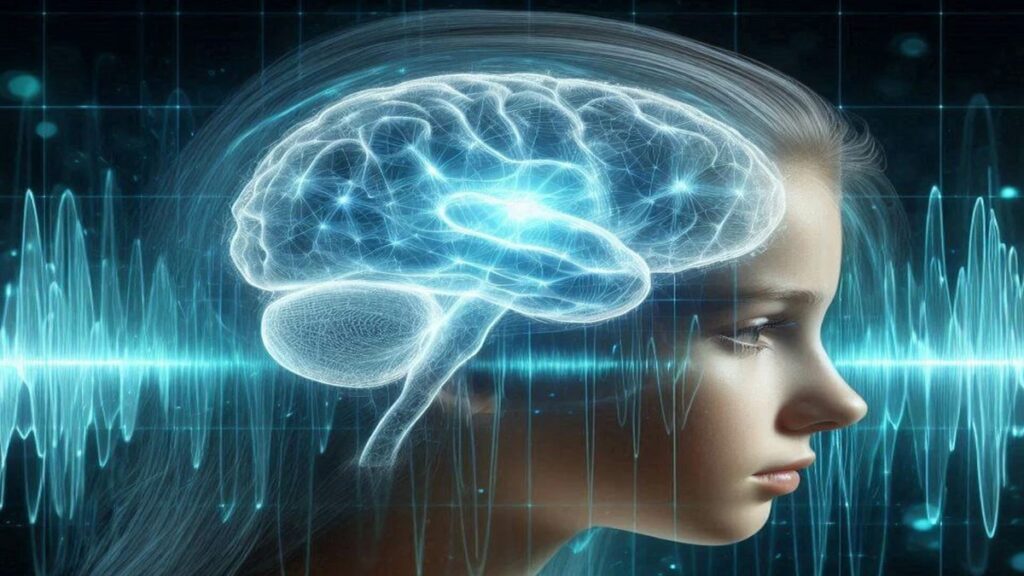New research has revealed how the brain organizes daily experiences into meaningful segments, similar to scenes in a movie. While we experience life as a continuous flow, our brain automatically separates memories into different moments. Scientists have long debated whether these boundaries are set by changes in the environment or determined by personal interpretation. Now, a study led by Christopher Baldassano, associate professor of psychology at Columbia University, suggests that the brain actively chooses these transitions based on our goals and experiences, offering new insights into memory formation.
How does the brain decide where one memory ends and another begins?
To investigate this, Baldassano and his team conducted a functional magnetic resonance imaging (fMRI) brain scanning experiment. Volunteers listened to narratives that included different scenarios, such as a business deal, a proposal and a breakup, while their brain activity was recorded. The research focused on changes in the medial prefrontal cortex (mPFC), a brain region involved in processing current events.
The results showed that when key social events in the stories occurred, such as the conclusion of a business deal, brain activity increased, indicating a mental shift. Interestingly, when participants were instructed to focus on specific details such as locations, their brain activity adjusted, showing how attention can change the way we segment experiences.
The influence of attention on memory formation
The study also found that participants remembered the details they focused on, but often forgot the parts they weren’t instructed to pay attention to. This highlights how flexible memory is and how our attention shapes what we remember. David Clewett, an assistant professor of cognitive psychology at UCLA, noted that the results show that we have considerable control over how we interpret and remember events. Clewett believes that focusing on key moments could improve memory retention, which could be particularly useful in treating conditions such as PTSD and dementia.
This research opens up new possibilities for understanding how memory works, suggesting that by consciously directing our focus, we may be able to better control how we store and recall our experiences.


